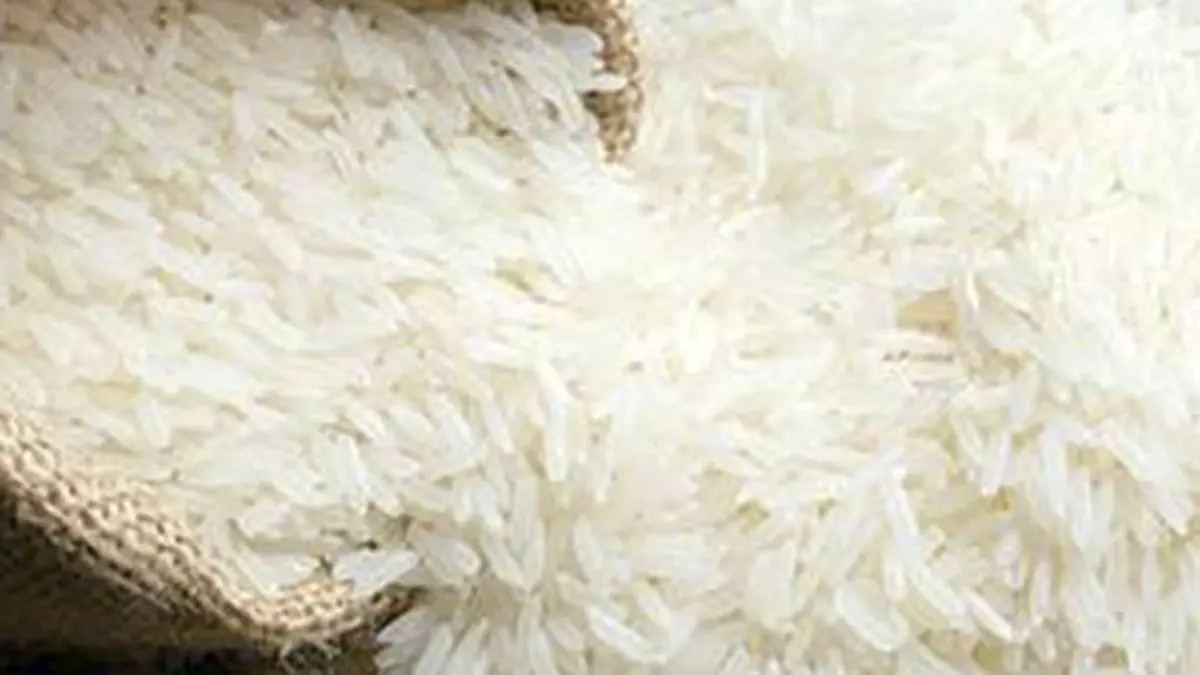
The exports are allowed through the National Cooperative Exports
Limited, as stated in the Directorate General of Foreign Trade
notification. The export of non-Basmati
white rice was previously banned in July 2023 to ensure food security and
control domestic prices.
India had previously allowed the export of this kind
of rice to other countries such as the Philippines, Nepal, Cameroon, Cote
d’Ivoire, the Republic of Guinea, Malaysia, Seychelles, Singapore, Comoros,
Madagascar, Equatorial Guinea, Egypt and Kenya, albeit with varying
quantities.
The
export of rice was permitted based on the request of other governments and to
meet their food security needs.
Benin, the UAE, Nepal, Bangladesh, China, Cote
D’Ivoire, Togo, Senegal, Guinea, Vietnam, Djibouti, Madagascar, Cameroon
Somalia, Malaysia, and Liberia are some of the countries that import
non-basmati rice from India.
To prevent exports of non-basmati white rice, which
had already been categorised as prohibited since July, the Indian government
introduced additional safeguards by imposing a minimum floor price on exports
of basmati rice in late August.
The 20% export duty on parboiled rice was also been
extended until March 31, 2024, as the government aimed to maintain adequate
domestic availability and check its price.
In September 2022, India banned the exports of broken
rice and imposed a 20% duty on exports of non-Basmati rice, except for
parboiled rice, due to concerns about low production. However, the ban was
lifted in November. A duty was introduced from Aug 25, 2023, to Oct 16, 2023,
to maintain domestic availability and check the price.
The
above decision is expected to benefit the rice industry in India and is likely
to increase the country’s export revenue.